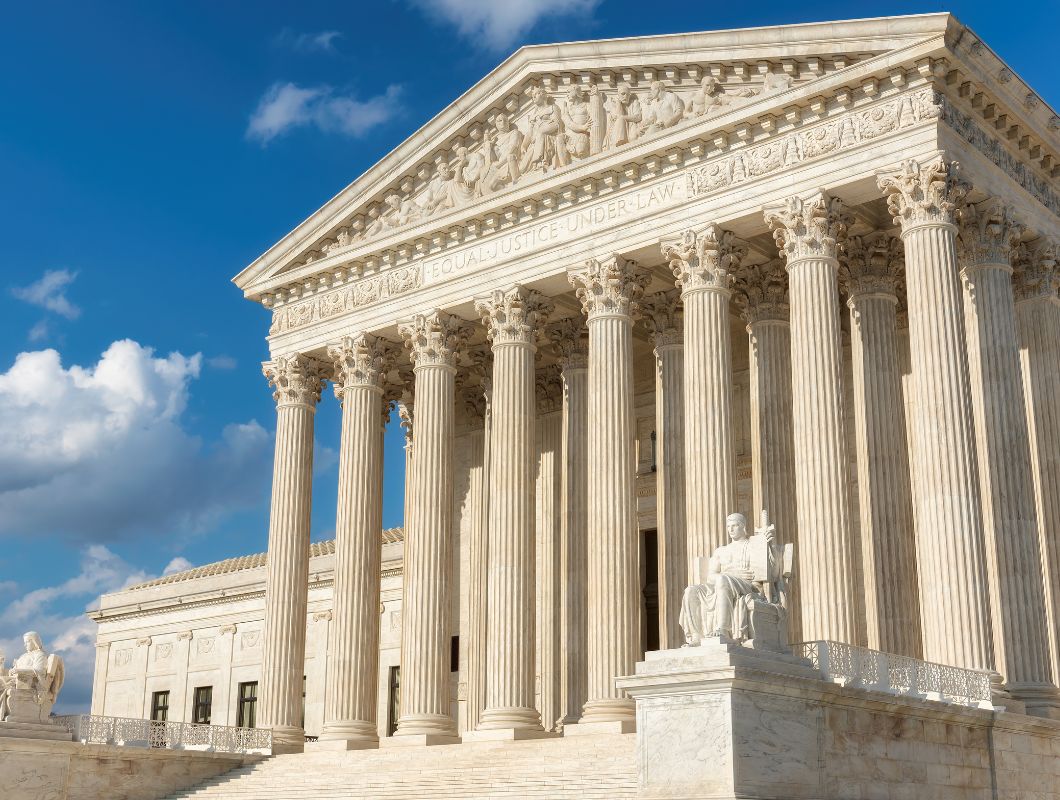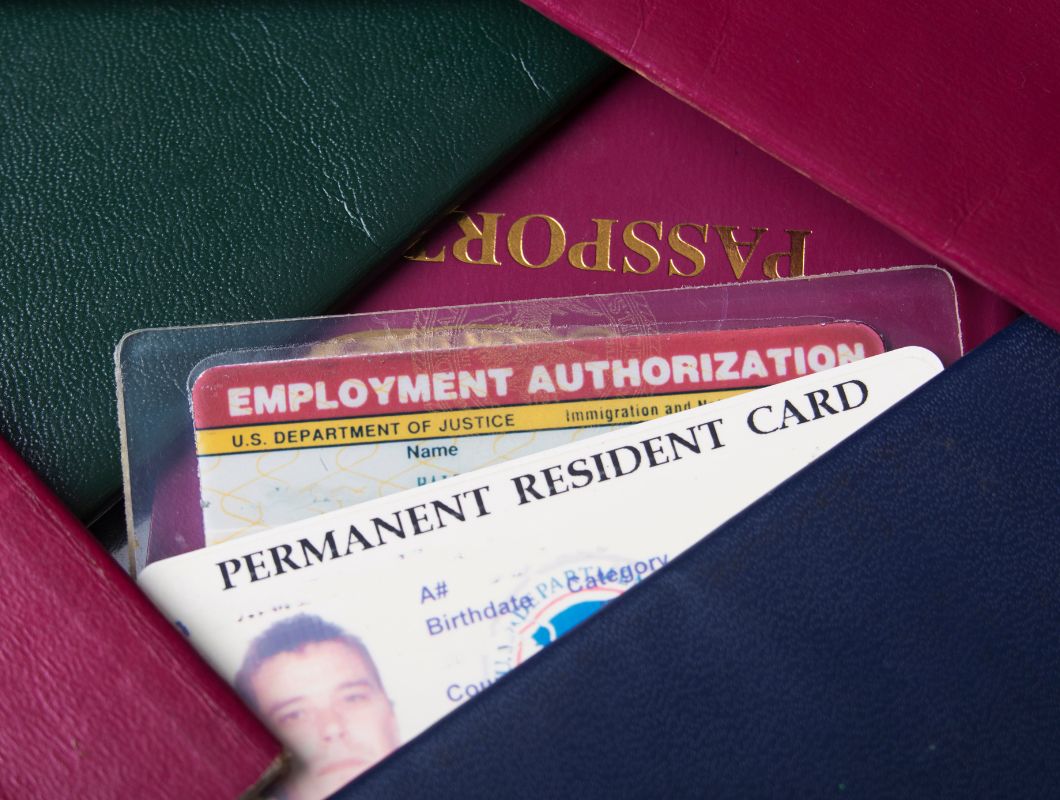Confusing Decision by the Supreme Court on Birthright Citizenship – What You Need to Know
Supreme Court ruling limits national injunctions, putting birthright citizenship policy in legal limbo.
Learn moreBirthright citizenship
Supreme Court decision
14th Amendment
Last Friday, the Supreme Court issued a decision that caused a lot of confusion regarding birthright citizenship, which has been recognized by the US Constitution for over 150 years. The law states that if a person is born within the national territory, they are automatically a citizen regardless of their parents' status.
Trump has been trying to eliminate this right for some time, saying that it is not right and using it as another weapon against immigrants, separating and harming families.
The decision had more to do with the jurisdiction of lower courts to stop programs that the court deemed unconstitutional. Unfortunately, the Supreme Court, in a 6-3 decision, ruled that lower courts cannot issue injunctions that affect the entire nation. Injunctions are a tool for the court to stop government programs or orders while the court examines whether they are legal. Previously, several federal courts had ruled that the executive action signed by Trump in January to eliminate birthright citizenship could not take effect while the court considered its legality. In this new Supreme Court ruling, the six most conservative judges nominated by Republicans create a confusing situation in which a federal court in California could prevent such an order from taking effect in its jurisdiction while the same order is being enforced in the state of Indiana.
On the most important issue of birthright citizenship, the Supreme Court's ruling sends back to lower courts the cases challenging Trump's executive order on birthright citizenship. However, we must understand that the ultimate fate of this policy remains uncertain. The practice that anyone born in the United States is a US citizen, including children of mothers who are in the country without permission, dates back to the Civil War and was authorized to ensure that Black people, including children whose parents were slaves, obtained citizenship.
Then in 1898, there was a Supreme Court case called Wong Kim Ark involving a man born in the United States to Chinese parents who was denied reentry to the country after a trip outside the United States. In that case, the Supreme Court ruled that the 14th Amendment grants citizenship to anyone born on U.S. soil regardless of their parents' legal status, but Trump insists on eliminating this right.
Trump and his allies focus on a phrase in the amendment, “subject to the jurisdiction thereof,” saying that it means that the United States can deny citizenship to children if the mother is not legally in the country and therefore not “subject to the jurisdiction” of the United States.
Several courts that reviewed the case said this interpretation is wrong and that people born in the country are citizens, but the ruling focuses on whether courts have the power to strike down a national law, policy or practice, and the Supreme Court ruled that lower courts cannot make an injunction that affects the entire United States. In other words, state courts can reject the legality of a law or practice, but only for their own state. This causes a problem because, for now, only 22 states have said that Trump's action to eliminate birthright citizenship is illegal, including Michigan, where lawsuits were filed against Trump's policy. The problem is that it was approved in the other states.
It is important to understand that this is not a final decision; the court will likely still review the constitutionality of Trump's action. For now, it has only said that it cannot take effect in states where lawsuits have been filed against it, which is unusual and confusing because some states may argue that people born to illegal parents are not citizens, but in other states they are.
This is very problematic because, for example, in the state of Indiana, where no lawsuit has been filed against Trump's policy, it can be said that the children of undocumented parents do not become citizens, but in Michigan, where a lawsuit was filed, they do.
We will continue to wait because the question of whether Trump's action to eliminate citizenship is constitutional or not will continue. Several groups have already filed lawsuits challenging the court's decision, and we will continue to wait.
In the meantime, it is important that we remain hopeful that a nationwide decision will be reached for all 50 states. We will continue to fight, as Justice Sonia Sotomayor, who wrote the dissenting opinion to the Supreme Court's decision, urged lower courts to "act quickly on such requests for relief, and to adjudicate the cases as soon as possible in order to allow for prompt review by this Court“ in cases ”that challenge policies as flagrantly illegal and harmful as the Citizenship Order."
Opponents of Trump's policy agree that we cannot allow different policies in each state causing so much confusion and that a decision must be made at the national level in accordance with the 14th Amendment to the Constitution, which states that children born within the United States are citizens.





.svg)

.svg)
.svg)
.svg)